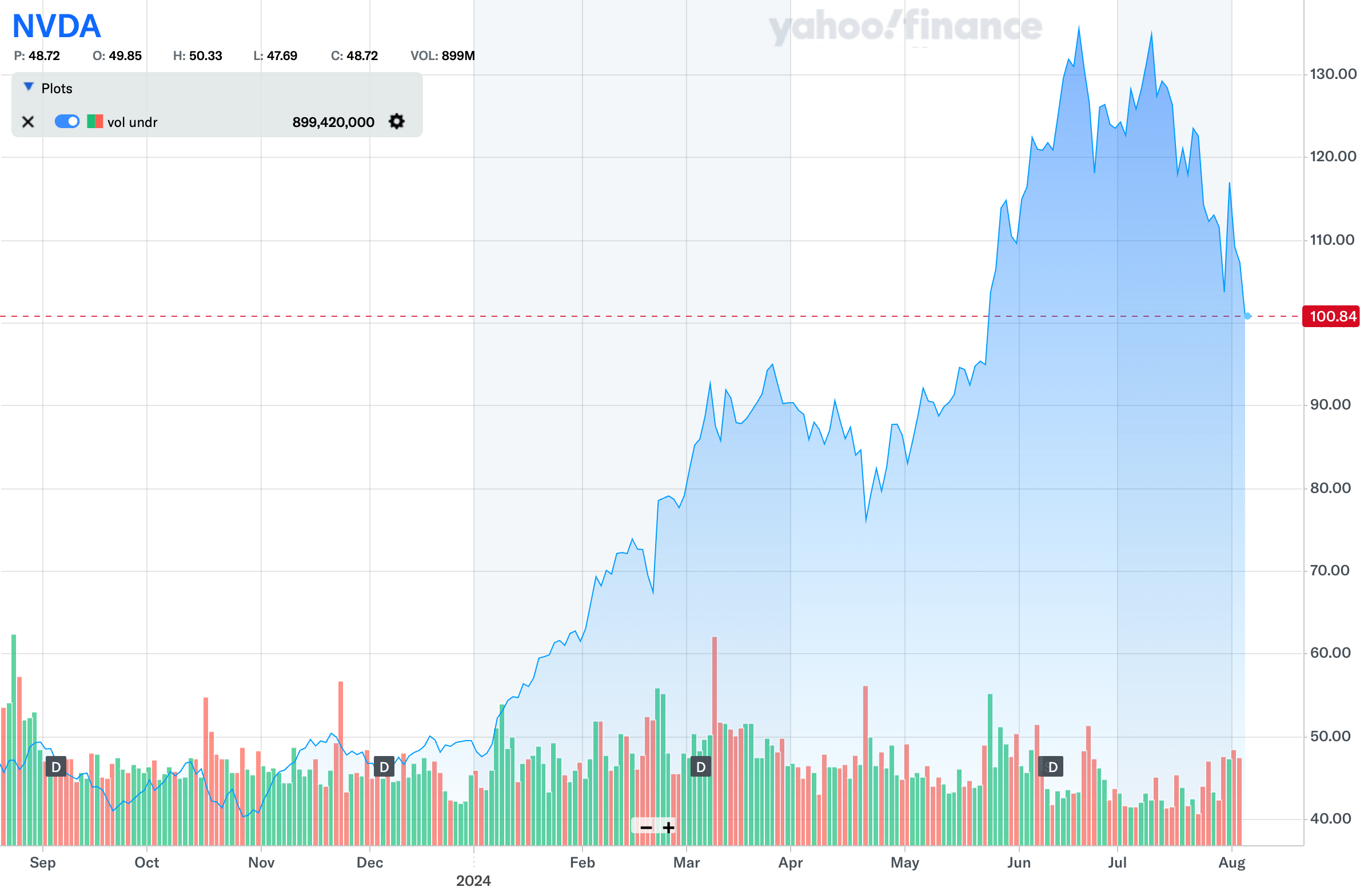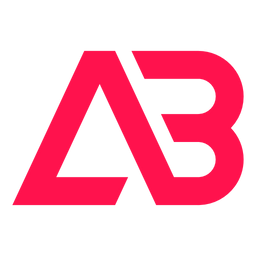Are We Actually in a Tech Winter?

Markets are cyclical. Stock markets are cyclical. Labor markets are cyclical. The tech world has been shaken by recent layoffs. For many people in tech, the ideas of layoffs were previously unimaginable. I think that this was an overly naïve assumption, as expecting exponential growth to extrapolate forever is ridiculous. And its not like tech hasn't seen contractions before (such as in the early 2000's). Yet, here we are.

People in tech are frustrated, and in many cases, going to other verticals like finance (which itself is a highly cyclical industry). Yet, there seems to be a broad feeling that this moment is the cyclical market correction. The COVID boom is over, companies are right-sizing, and layoffs are happening. Surely, this must be coming to an end. Right? RIGHT?!?

The problem is that while the tech labor market has not been doing great, investors still have confidence in tech, in large part thanks to Generative AI. Investors think that tools like ChatGPT will revolutionize the next era, and so they are willing to spend big on stocks. That has pushed industry players like Nvidia to new heights.

Investors, however, are starting to get a bit weary. So much of the S&P 500's performance over the past couple of years is thanks to investor confidence in Generative AI. When you look at the layoffs in tech, it looks more like a return to a normal growth trend, rather than a true market cycle.
The Risk of Generative AI
There are four outcomes I see could happen from Generative AI:
- The technology meets/exceeds investor expectations, and markets remain stable or continue to grow
- The technology moderately underperforms investor expectations, returning tech stocks to a normal growth pattern
- The technology severely underperforms investor expectations, but innovations elsewhere attract investor attention
- The technology severely underperforms investor expectations, shaking confidence in the industry
We may look back and I may be completely wrong. But right now, looking at how the tools that exist and the trajectory of the technology, I don't see a pathway for my team to get a net positive return on investment in generative AI. Yes, the technology is improving and yes, costs may come down, but will it become good enough to be useful and become cheap enough to become valuable?

I am somewhat skeptical about the potential of the technology. Generative AI is best equipped to handle menial tasks. It isn't really intelligent, meaning it is more helpful transforming existing data than creating new data or insights. Thus, for the organizations that are seeing huge productivity gains from generative AI, I have to ask if they are actually seeing productivity increase, or are more automating unproductive overhead. There is no clear answer for what point it will gain the kind of intelligence needed to be a genuinely useful tool.

If the technology underperforms expectations, there is a risk that investor confidence in the tech sector could waver. The Berkshire Hathaway selloff of Apple, as well losses in recent days, suggests that this is a real risk. If investors lose confidence in tech's continual ability to innovate and drive exponential growth, we could experience a far greater slide in hiring.
No, AI Didn't Take The Jobs
Tech companies need investors to trust Generative AI as a disruptive technology. They also have become overly bloated, with too many staff creating too few material results. This is too many people in supporting roles (like sales and marketing), but also too many engineers. Investors are demanding that they scale back. So, what do you do? Lay off people and say Generative AI is the reason. You can both streamline operations and bolster investor confidence in one motion.
Here's the problem, Generative AI (at least in its current form and for the foreseeable future) sucks. I am not saying this as any form of self-preservation. I am the lone engineer in a chronically understaffed role during a hiring freeze. I wish that GitHub Copilot was good enough to take my job. I wish that I could, with a click of a button, have an AI agent take a Jira ticket and do it. But, I have had to turn it off Copilot because the garbage it produces (except in a few select situations) takes more time to debug than I would spend writing it myself.
I am getting tired of the overconfidence if not outright lies, simply because it is dishonest. Yes, the tech job market sucks right now. But I don't believe this is an example of a true labor market cycle driven by generative AI. I instead see this as a minor correction based on other economic factors. And given the fallout we have seen and degree that people are running out of the industry, it doesn't bode well for when a true market downturn emerges.
Blockchain, but with Less Isolation
Stocks have been doing really badly in the past couple of days, but why am I concerned about a broader loss in confidence? I keep on seeing parallels between generative AI and the blockchain crash a couple of years ago. Both were technologies with lofty promises that ignored an achilles' heel. For blockchain, it was rampant fraud and cost to scale. For generative AI, it is the question of when it develops logical reasoning.
An LLM on its own, without using code generation, cannot do simple addition. It can speak convincingly, but that is it. When it gets information right, it is purely because of word pattern recognition (one of the best uses I have found for generative AI is essentially an advanced CTRL+F).
I don't think we will see as big of a financial fallout as blockchain/crypto, because generative AI isn't a financial product itself. However, it has much more exposure to the broader market than crypto. Rather than being dominated by VC-backed firms in the Bahamas, Hong Kong, or UAE, generative AI is boosting the top players in the S&P 500. As someone who invests heavily in an S&P 500 index fund, I have much more exposure to the downside risks of generative AI than I would like.
The lack of containment is what makes me most worried. If there is a loss of confidence in AI/tech, nearly every fund, pension, and 401k is going to have significant exposure. The years of overzealous P/E multipliers, momentum-based valuations, and heavily consolidated index funds could come crashing down. Again, I don't know if that will happen, but if it does, that could create a job market winter far worse than what we have seen thus far.
So What?
So, if the job market could get even worse than it currently is, what should people do? To start, reset expectations. People have started to do this, but not necessarily to a fully realistic amount. I am making far less now than I would've if I had graduated in 2021 or 2022. When I was applying, I wasn't being picky about remote work. Stock options are probably going to be far lower in value, as executives may be worried about diluting shareholders. In office perks may be reduced in order to constrain costs, and be more in-line with other industries.
Second, people are going to have to decide if they want to stick it out, change industries, or change roles entirely. I ended up in media, rather than big tech, since I realized that I could have more opportunities on a smaller team. Other industries need tech workers, and those could be good places to turn. Some more may decide to exit tech roles entirely and pivot elsewhere.
I have decided that I want to remain doing security engineering work, because I love it. I know that it is going to be harder, and I will have to be more competitive than I was in the past. I am going to have to continue to invest in my personal brand, and work much harder than I would've had to historically in order to remain competitive and continue to grow at the pace that I want. If you want to remain in the industry, this is what you will likely have to do as well.

I don't deny that these are hard and uncertain times. I graduated into this market, and faced uphill competition against people who had much more experience than I did. That being said, I cannot deny that some of the discourse is frustrating and frankly pathetic. I am not one of the people who believes that the worse experience of others negates your own right to feel aggrieved.
There hasn't been any violations of social contracts. It isn't mean for companies to ask you to go into office. It isn't immoral for companies to remove access to their internal systems, so that aggrieved employees don't steal their data. This bubble has been building for well over a decade, people have seen the bubble building, and bubbles pop.
I am a security engineer because I love the work I do, so I likely will try and stick out whatever comes. If other people decide they don't want to stick it out, that is there right and I wish them the best of luck on their future endeavors. The industry can come out better for this. Coming out better probably means more productivity per employee and reduced benefits. Coming out better probably means fewer (hopefully higher quality) CS students. Just be ready for things to get worse before they get better.







